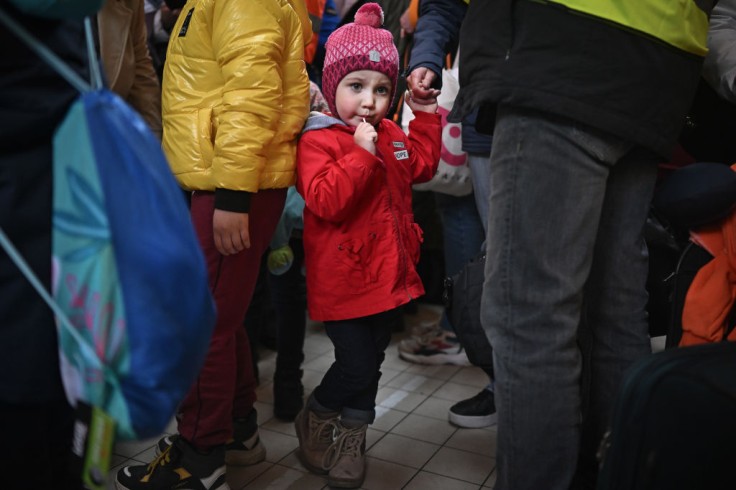
Anxiety is not only for adults. A person can have this while they are still a kid, and it could develop into something much worse as they grow older.
Not all parents are privy to their kid's emotions or thoughts which usually can lead to something they do not expect. While some parents have an open mind about their children's mental health, others do not, hindering their children from expressing their emotions.
Anxiety is a condition where a person uses avoidance as behavior and is associated with muscle tension. It is commonly paired with depression, but they are two different things. The only similarity is that they could affect one's life, thinking, attitude towards life, and behavior.
According to Yahoo News, millions of children have anxiety. More than 9 percent of those aged 3 to 17 have been diagnosed with this condition, and almost 6 million children in America have (and live with) anxiety.
Signs of anxiety in adults are not similar in children or kids. Toddlers usually tend to complain about stomachaches and headaches. On the other hand, older children undergo angst, apprehension, irritability, and difficulty concentrating. Some children might experience this, while some might have high-functioning anxiety.
Even though the majority use high-functioning anxiety to specify one's depression or anxiety, there is no such thing as high-functioning anxiety from a clinical standpoint; thus, it is not an official diagnosis.
However, Dr. Rachel Delany, a service line chief in the Child Unit at Sheppard Pratt, explains that people use the term to elaborate on their situation as not everyone can understand this type of condition.
Read also : Signs and Causes of Childhood Anxiety
"High-functioning anxiety, while not a separate diagnosis in the DSM-IV [the diagnostic manual used by psychologists and psychiatrists] is a term used to describe individuals who experience high levels of internal anxiety but come across as successful and high-achieving," says Dr. Delany.
"Their anxiety mostly lives within their minds and does not show itself through avoidance or excessive coping behaviors. On the outside, these people look confident, poised, professional and are often at the "top of their class or respective fields," Dr. Delany added.
Common Symptoms
Signs of anxiety vary; however, common symptoms entail:
- Excessive fear
- due to some reason (personal or traumatic experience)
- Avoiding Situations/Activities that are feared
- Anxious predictions
- Nail Biting
- Having trouble with sleeping
According to Child Mind Institute, a child's anxiety may manifest at school in several ways.
- Avoiding going to the school
- Having difficulty participating in the class
- Excessive worry about daily lives
- Squirming
- Not returning homework
Paying Attention to your kid's Mental Health
If you notice something unusual in your child, ask your doctor to perform an in-depth screening of their mental and physical health.
"High-functioning anxiety is differentiated from more severe or limiting anxiety because the child continues to perform well in their daily activities," Stated by Dr. Delany
A tween or teenager with high-functioning anxiety may externally exhibit perfectionistic qualities, including good organization skills, punctuality, good planning, and are often detail-oriented. They might appear ambitious or hard-working, but those living with high-functioning anxiety are commonly high achieving.
Related Article: What is Childhood Anxiety Disorder?